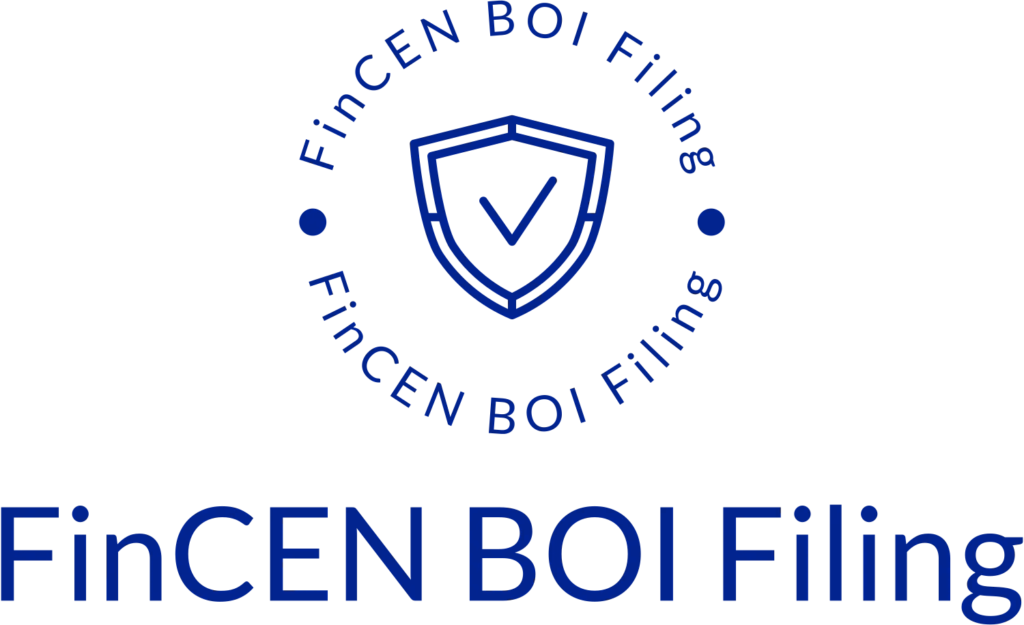Key Takeaways:
- Understand Beneficial Ownership Reporting for Farms: Learn about the new BOI reporting rule under the Federal Corporate Transparency Act and how it applies to your farming operation.
- Identify Filing Obligations and Exemptions: Determine if your farm needs to file BOI reports and understand which types of operations are exempt from this requirement.
- Ensure Compliance to Avoid Penalties: Familiarize yourself with the necessary information, deadlines, and potential penalties for non-compliance to protect your farming operation.
Is Your Farming Operation Required to Report Beneficial Ownership?
The Beneficial Ownership Information (BOI) reporting rule, established under the Federal Corporate Transparency Act, introduces new compliance requirements for many businesses, including farming operations. This rule aims to enhance the U.S. financial system’s integrity by combating money laundering, asset concealment, and tax evasion. Understanding your obligations under this rule is crucial for farm owners and operators.
Understanding Beneficial Ownership in the Context of Farming
Beneficial ownership refers to individuals who own or control at least 25% of a company or have substantial control over it. For farming operations, this could include farm owners, family members with significant stakes, or key decision-makers in the operation.
Farming Operations Required to File BOI Reports
The following types of farming operations are likely required to file BOI reports using FinCEN BOI Filing:
- Incorporated Farms: Farms operating as corporations, including S corporations and C corporations.
- Limited Liability Companies (LLCs): This includes single-member LLCs and multi-member LLCs commonly used in farming operations.
- Limited Partnerships (LPs): Farms structured as limited partnerships.
- Family Farm Corporations: Even family-owned farm corporations are generally required to file.
- Farming Cooperatives: Some agricultural cooperatives may need to file, depending on their structure.
These entities are considered “Domestic Reporting Companies” and must use FinCEN BOI Filing to submit their reports unless they qualify for an exemption.
Farming Operations Potentially Exempt from BOI Reporting
Some farming operations may be exempt from BOI reporting requirements. Potential exemptions include:
- Sole Proprietorships: Farms operated as sole proprietorships without formal business entity registration are typically exempt.
- Informal Partnerships: Traditional general partnerships that haven’t filed to create a separate legal entity are often exempt.
- Large Operating Companies: Farms with more than 20 full-time employees in the U.S., over $5 million in gross receipts or sales, and a physical presence in the U.S. may qualify for the “large operating company” exemption.
- Tax-Exempt Entities: Some nonprofit agricultural organizations may be exempt.
- Certain Family-Owned Farms: There’s a limited exemption for some closely held, family-owned entities, but this has specific requirements.
If you’re unsure if your farm has a reporting requirement you can take the quick BOI eligibility quiz to determine if you need to file.
Using FinCEN BOI Filing for Compliance
For farming operations required to file, FinCEN BOI Filing is the designated system for submitting BOI reports. Here’s what you need to know:
Information Required: You’ll need to provide details about the farm’s beneficial owners, including names, birthdates, addresses, and identification numbers.
Filing Deadlines:
- Existing farms (pre-2024): Must file by January 1, 2025.
- New farms (formed in 2024): Must file within 90 days of formation.
- New farms (formed in 2025 and after): will have 30 days to file.
- Updates: Any changes must be reported within 30 days.
Ongoing Compliance: Use FinCEN BOI Filing to report any changes in beneficial ownership or company information.
Penalties for Non-Compliance
Failing to file BOI reports with FinCEN within the required timeframes can result in severe civil or criminal penalties, including fines of up to $10,000 and potential imprisonment. Farming operations must stay informed and use FinCEN BOI Filing to maintain compliance.
Additional Resources and Guidance
For detailed information about beneficial ownership and the FinCEN BOI filing process, visit the news section of our website. We continually provide updates on the latest BOI requirements. Farm operators are encouraged to handle this filing proactively to avoid penalties. If you’re unsure about your reporting requirement, take our simple BOI eligibility quiz to find out if you need to file a BOI report.
Beneficial Ownership Reporting for Farms Conclusion
Understanding whether your farming operation is required to file BOI reports is crucial in today’s regulatory environment. By carefully assessing your farm’s structure and using FinCEN BOI Filing when necessary, you can ensure compliance with the Beneficial Ownership Information reporting rule. Stay informed, meet deadlines, and use FinCEN BOI Filing to protect your farming operation from potential penalties while contributing to the integrity of the financial system.




